 Security cameras, physical surveillance, canine, guest protection, risk and vulnerability analysis, are some of the issues that must be taken into account when establishing security strategies for a hotel.
Security cameras, physical surveillance, canine, guest protection, risk and vulnerability analysis, are some of the issues that must be taken into account when establishing security strategies for a hotel.
by Ana María Restrepo F
When talking about security there are many issues that come to mind. The first thing is physical security, police, military, bodyguards and so on; then we think of cameras, access controls or alarms, and finally computer security. As you can see, there are many topics that this word covers and even more so when it is framed within the hotel industry.
In order to deepen these variants of security, from October 24 to 25, 2011, the Hotel and Tourism Association of Colombia (Cotelco) held the first edition of the Hotel and Business Security Seminar, where topics such as vip customer management, accident prevention, safety, and delved into aspects of legislation in order to reinforce the perception of safety in customers.
Juan Leonardo Correa, president of Cotelco, considers that these are topics little discussed in Colombia but novel, which help to improve the work of the industry in this field, taking into account that hotel security in the country is good: "In Colombia, except for isolated cases, there has been no major news about hotel safety. With these meetings what we seek is to reinforce knowledge on the subject, but we know that there is a certain complexity due to continuous innovation and therefore we want to give people the opportunity to learn about the latest news, "said Correa.
In depth
Professionals from the hospitality industry and experts in the field of security gave the different talks, which focused not only on the management of the facilities, but also on safety for guests. Topics such as Risk Management in the Hotel Industry, Public Safety Engagement in the Hotel Sector, Entertainment Devices in Hotel Facilities, Fire Protection, among others, made up the academic programming.
Sabarain Monroy Hoyos, in his talk "Good practices of administrative and technological operational security", explains that this security policy must come from the management of the establishment or hotel chain. Security management analyzes vulnerability, personnel, their supervision and training, taking into account all the processes and elements that are required to do so.
This management requires human resources (selection, induction and training); systems (design and implementation), as well as the means to provide security (physical, canine or electronic).
As for security, Monroy emphasizes physical security and perimeter control, access control, parking, closed circuit television, barriers, lighting, alarms and communication systems. It also includes fire, smoke or gas detection systems, fire mitigation systems and signaling.
It should be borne in mind that although there are many systems that can be installed in hotels, these must go in accordance with the protection policy of the establishment and what is established by its management, since action plans and administration of these equipment are required so that they work properly and can meet the needs of the place.
The room is one of the main places that requires security in all its dimensions, because as that repetitive phrase says, "a hotel must be much better than home" so that the guest feels comfortable and logically safe. In this space, Sabarain spoke about protection systems such as locks, security boxes, magic eyes, communication in the rooms, informative signage in them and evacuation routes.
This security must be implemented in all areas of the hotel, taking into account that in some areas it will depend more on physical security than on electronics, such as in swimming pools and restaurants, this does not imply having only surveillance and control systems, but also a trained staff for any eventuality, either health, vandalism or terrorist.
Risk analysis
Felipe Portilla, CPP (Certified Protection Professional), spoke at his conference about the risks in the hospitality industry, which must be foreseen from the moment of conception or idea of the creation of the establishment, taking into account the place, its location, its comfort, as well as the service and value of the hotel. For this, it is necessary to take into account what the risk may be, understanding it as the contingency or proximity of a damage, misfortune or setback.
Felipe took up the term vulnerability, expressed by Sabarain, clarifying that in itself it does not cause harm, it is a condition or set of conditions that can allow a threat to affect an asset and if not properly managed will allow the threat to materialize. Therefore, it is necessary to identify the risks, the goods and the objects of protection, which would be the people, the assets and the information.
Having this clear, a risk analysis must be carried out that allows: to know them, anticipate their consequences and determine their impact, in this way time and costs are reduced and the results are improved.
Portilla emphasized that security does not adapt after corporate work, "security criteria must be integrated into decision-making in all areas."
Hotel Liability
Another of the topics discussed in this first Seminar on Hotel and Business Security was the importance of non-contractual civil liability insurance in the hotel sector, a talk given by Natalia Palacio, from Sura.
In this issue, it is worth noting that the risks are not only due to vandalism, they are also found in the same facilities, so it is necessary to be clear about the responsibility that is in front of each space of the hotel, what are the risks and how they are insured against it.
Liability is established as the obligation to bear the consequences of the damage
that is caused to other persons, as for the civil, this obligation incurs in the economic reparation of the damages caused, in order to preserve the patrimonial balance between the individuals.
Part of this responsibility is the analysis of risks, starting with employees, products, spaces, neighbors, pollution, to systems, financial statements, among others.
Natalia explained some of the risks that a hotel can have:
- Accidents of guests: falls, damage to clothes.
- Carelessness in restaurant: food poisoning, dirtying a customer, foreign bodies in food and drinks.
- Accidents in the pool: small children who do not know how to swim, throw into the water without checking depth, water pollution, deteriorated tiles.
- Accidents in gyms.
- Loss and damage to personal effects of guests.
- Damage to parked cars.
- Fire – catastrophic.
- Occupational accidents: burns, cuts.
Given this, he assured that it is likely that all preventive measures do not exempt the company from liability but help to reduce liability in case of damages and to discourage claims.
The seminar also touched on other topics related to the impact that public security has on hotel establishments and how government actions strengthen or weaken the sector.
For Cotelco and for the attendees this topic is vital for the industry, as it helps determine if a company is safe or not and how to achieve it to be competitive in the market.


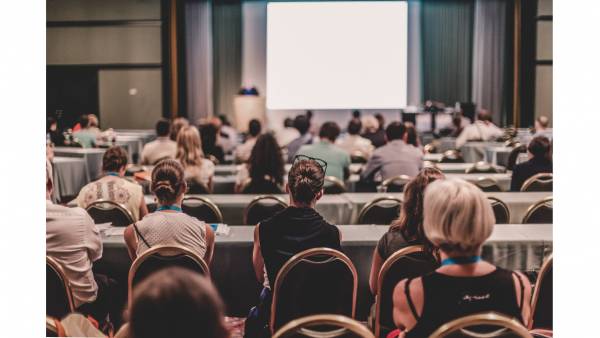








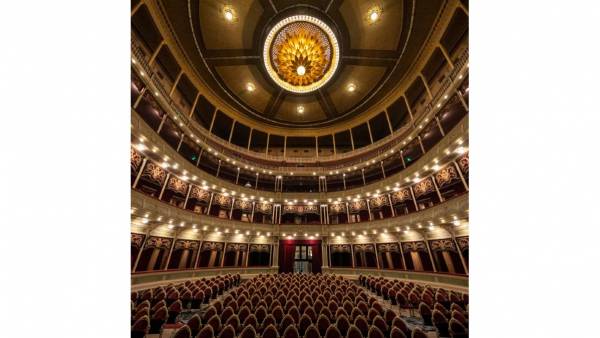
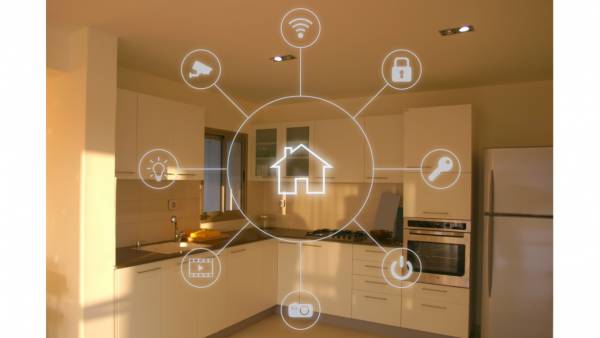

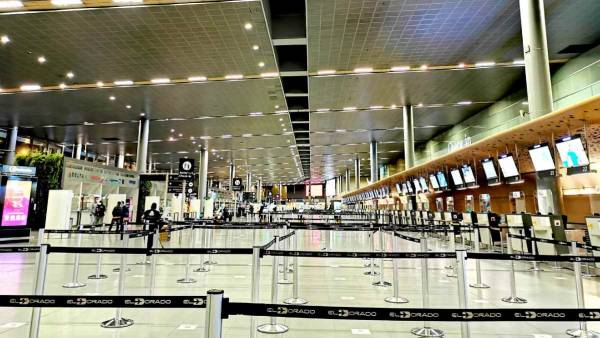
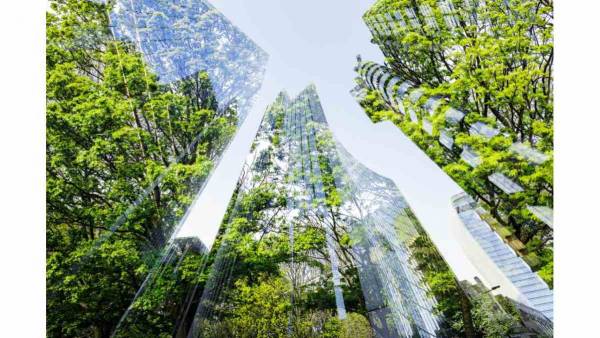








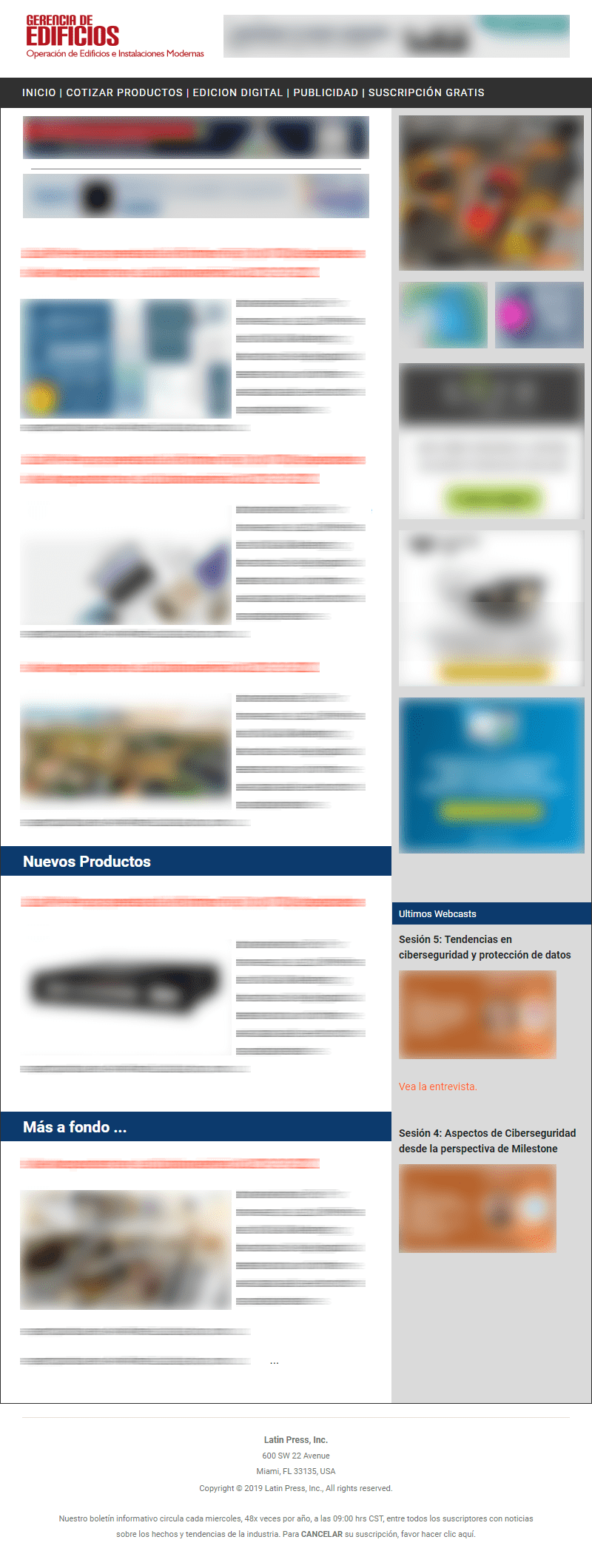
Leave your comment